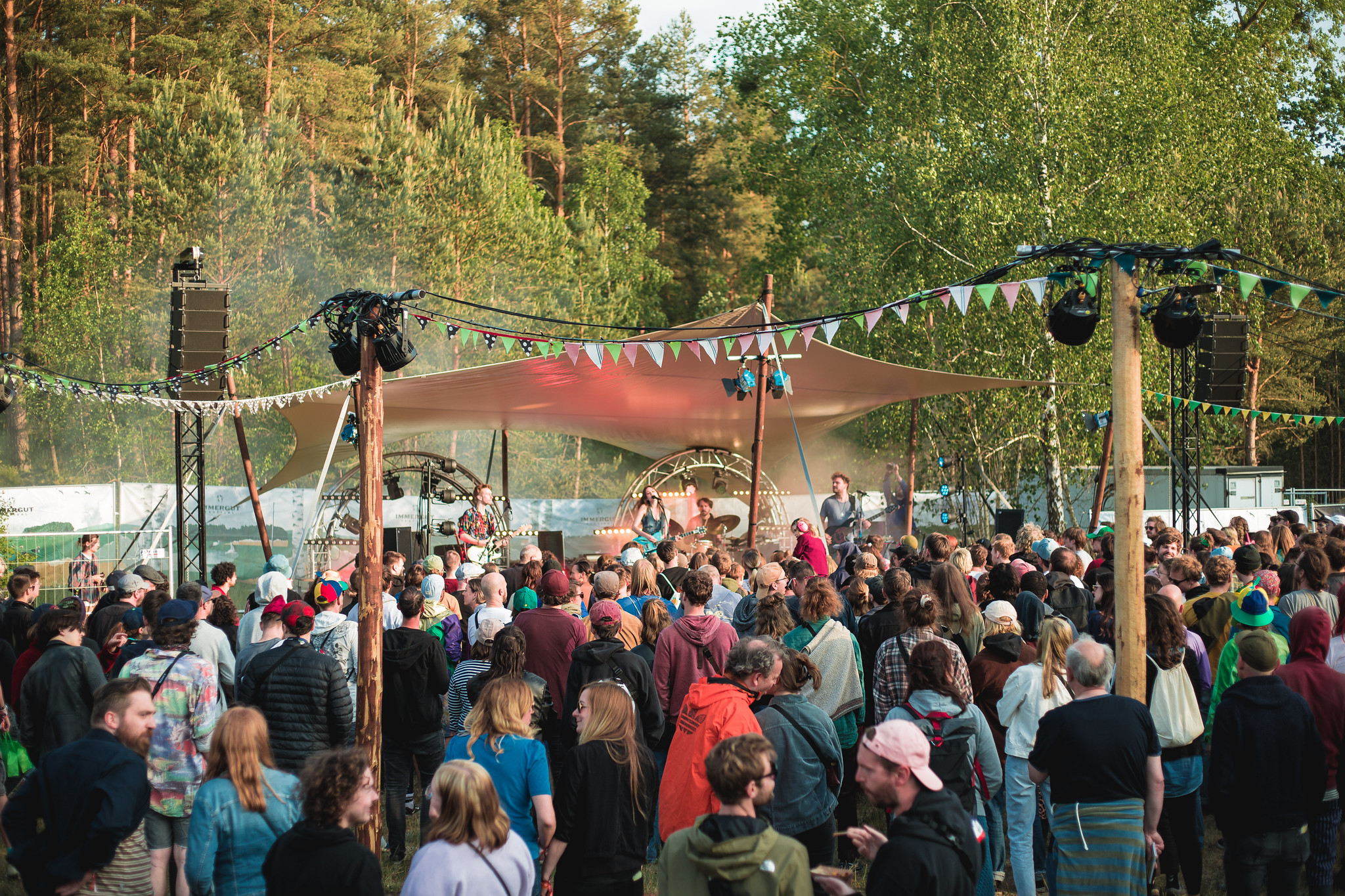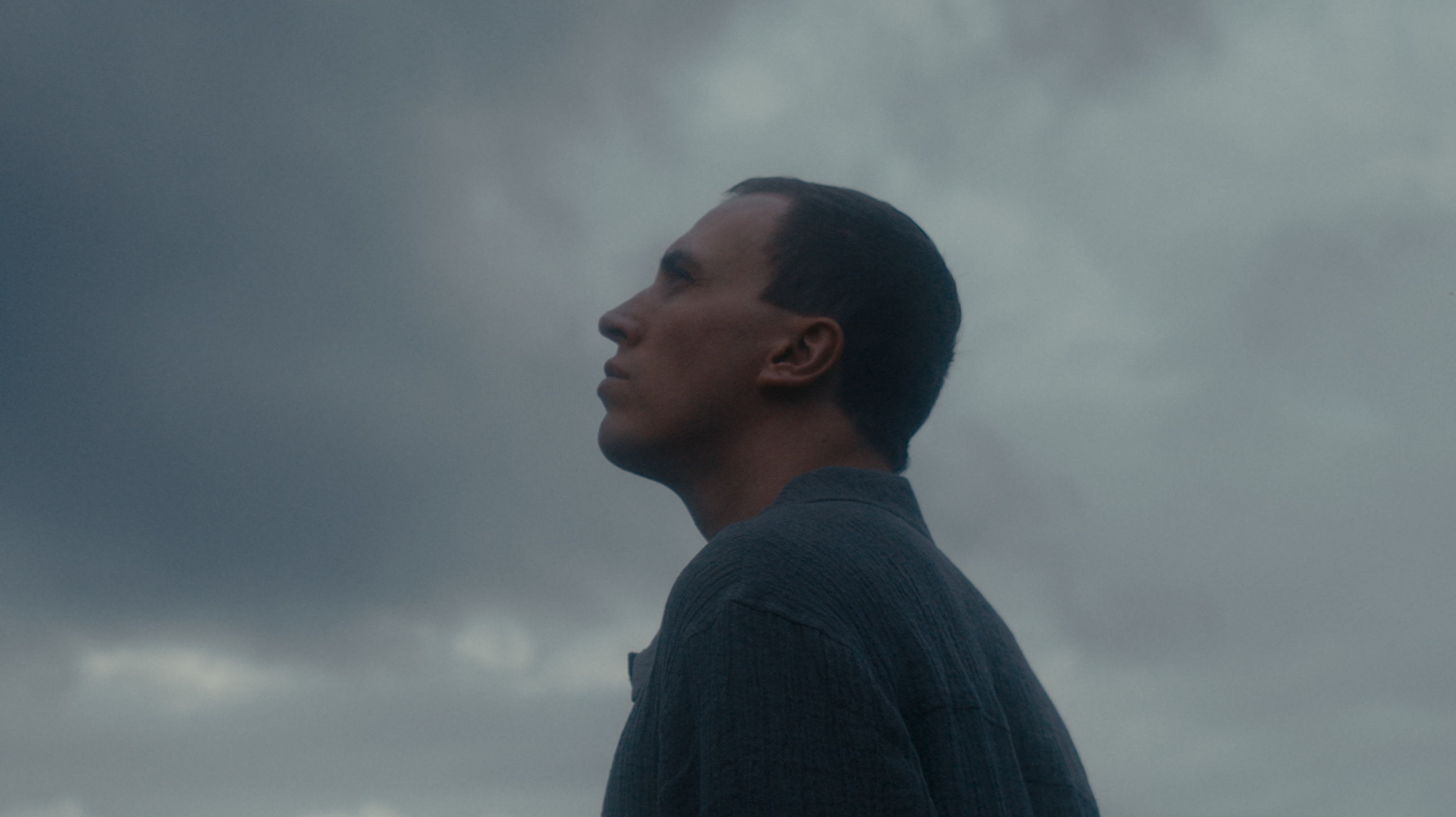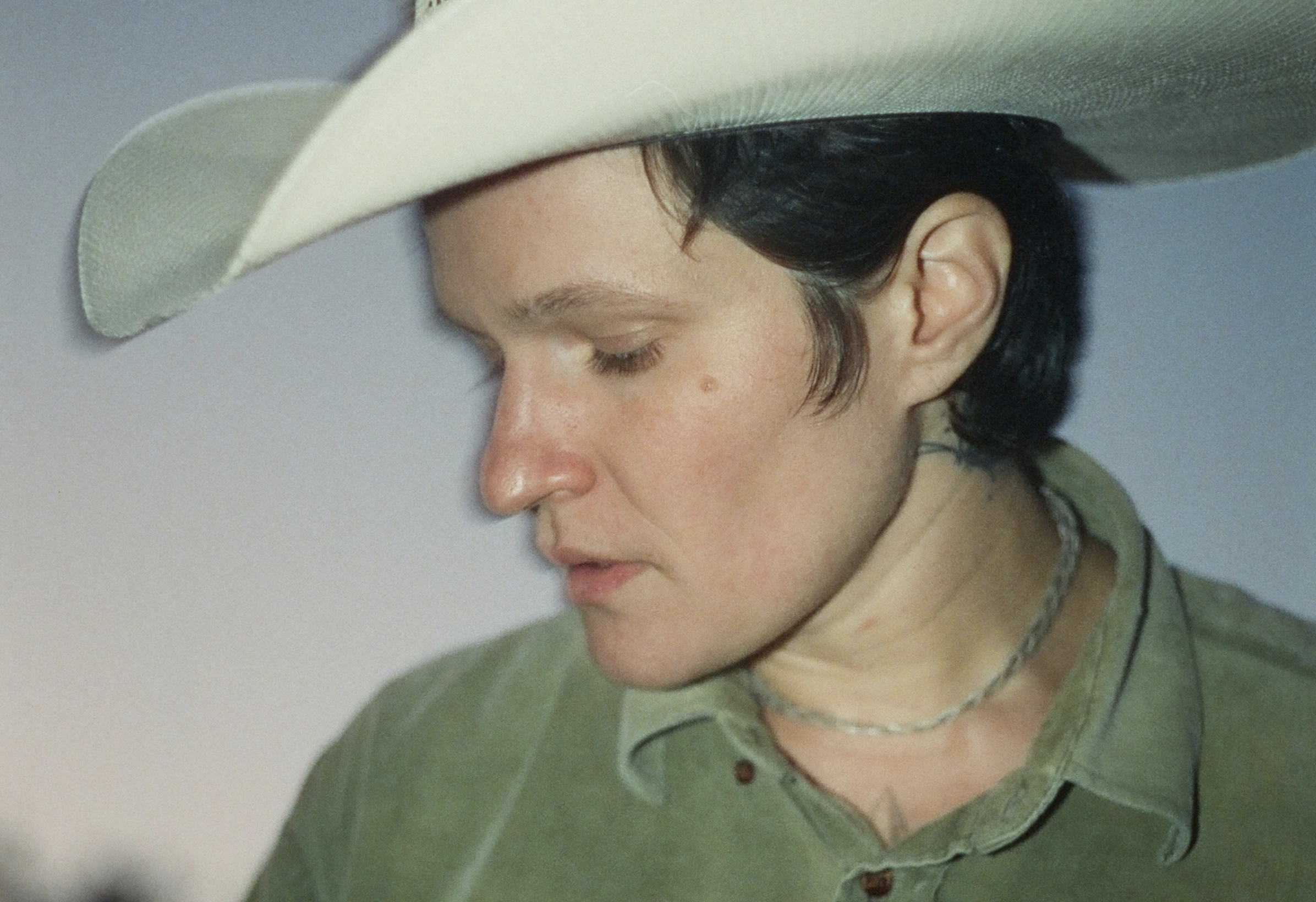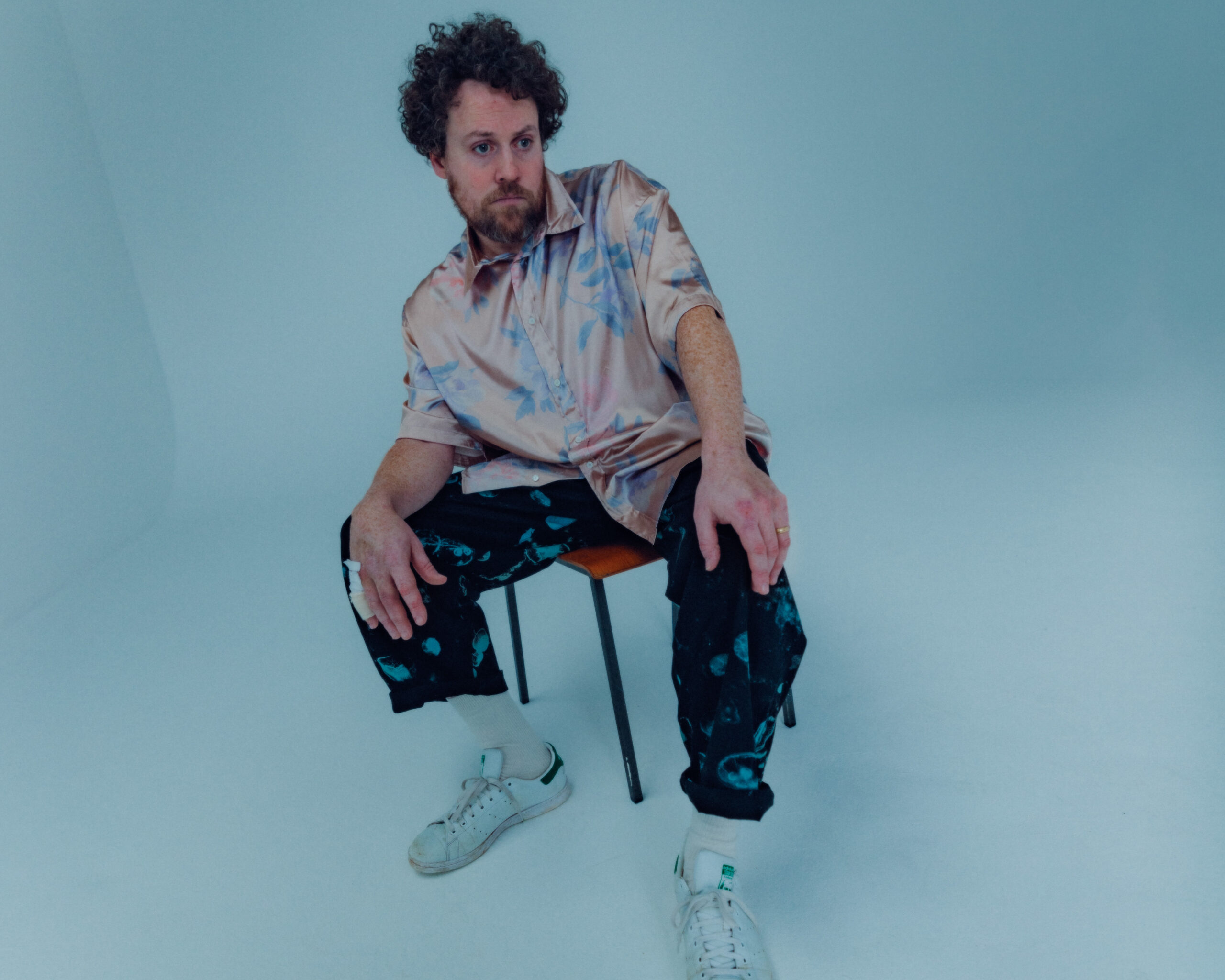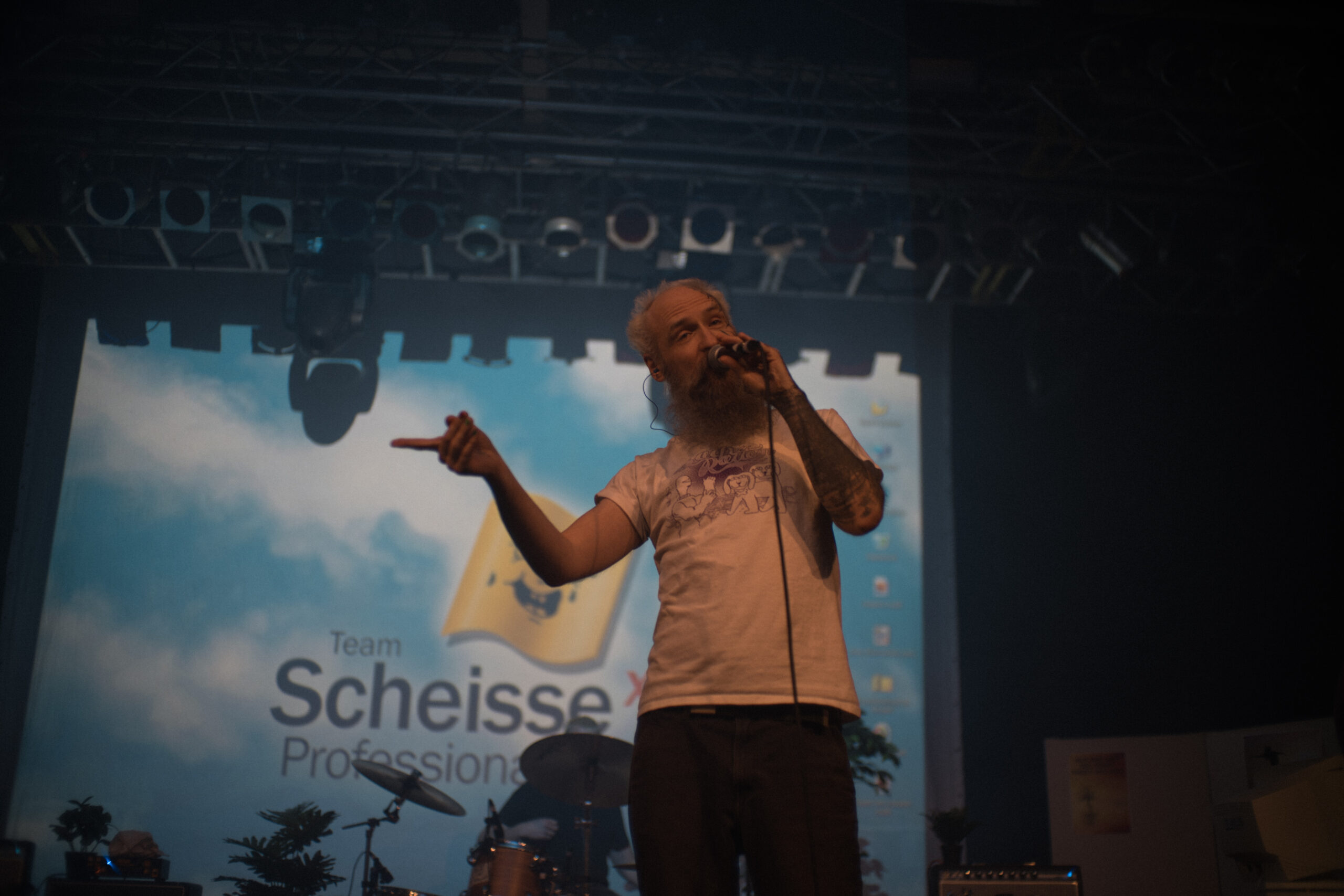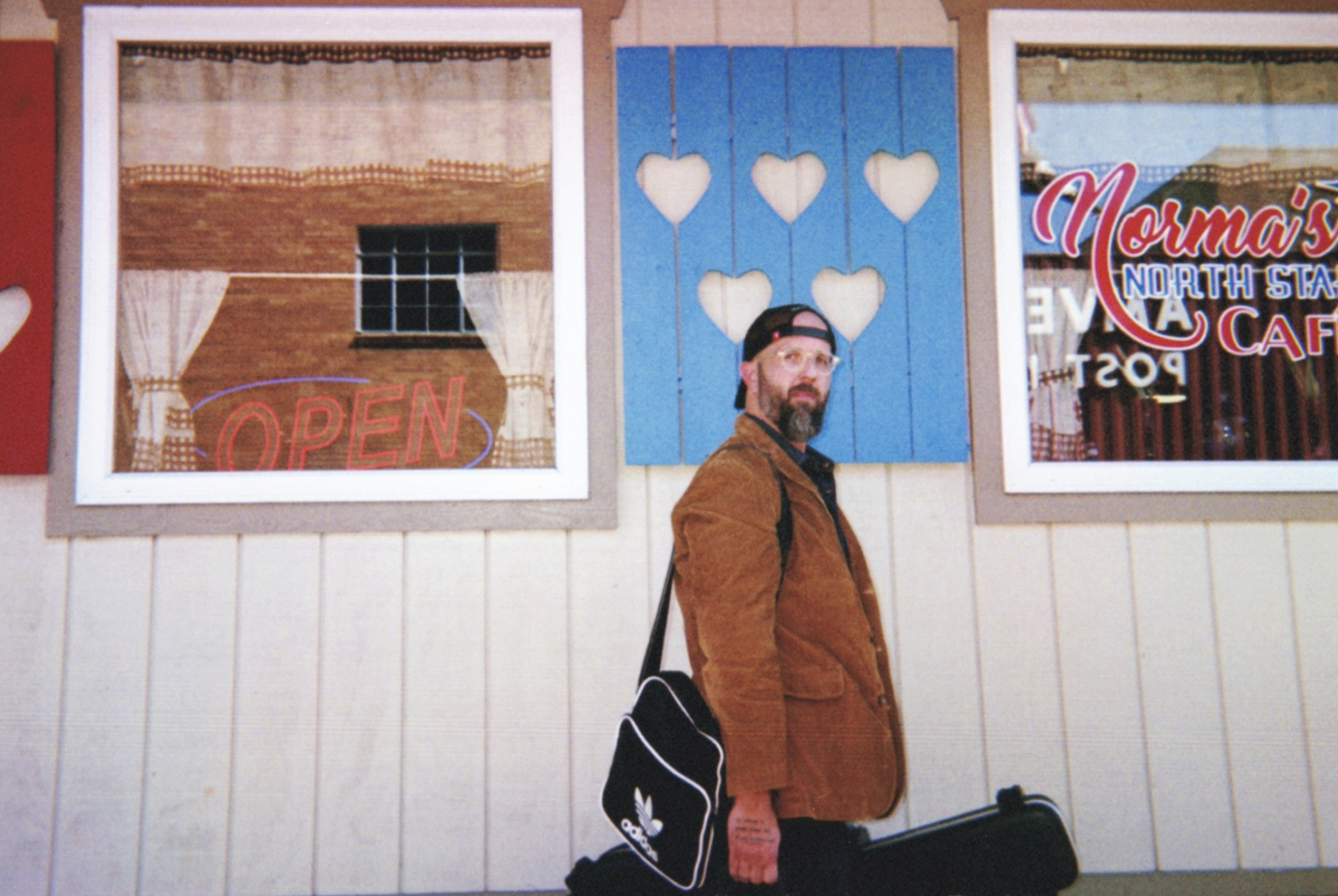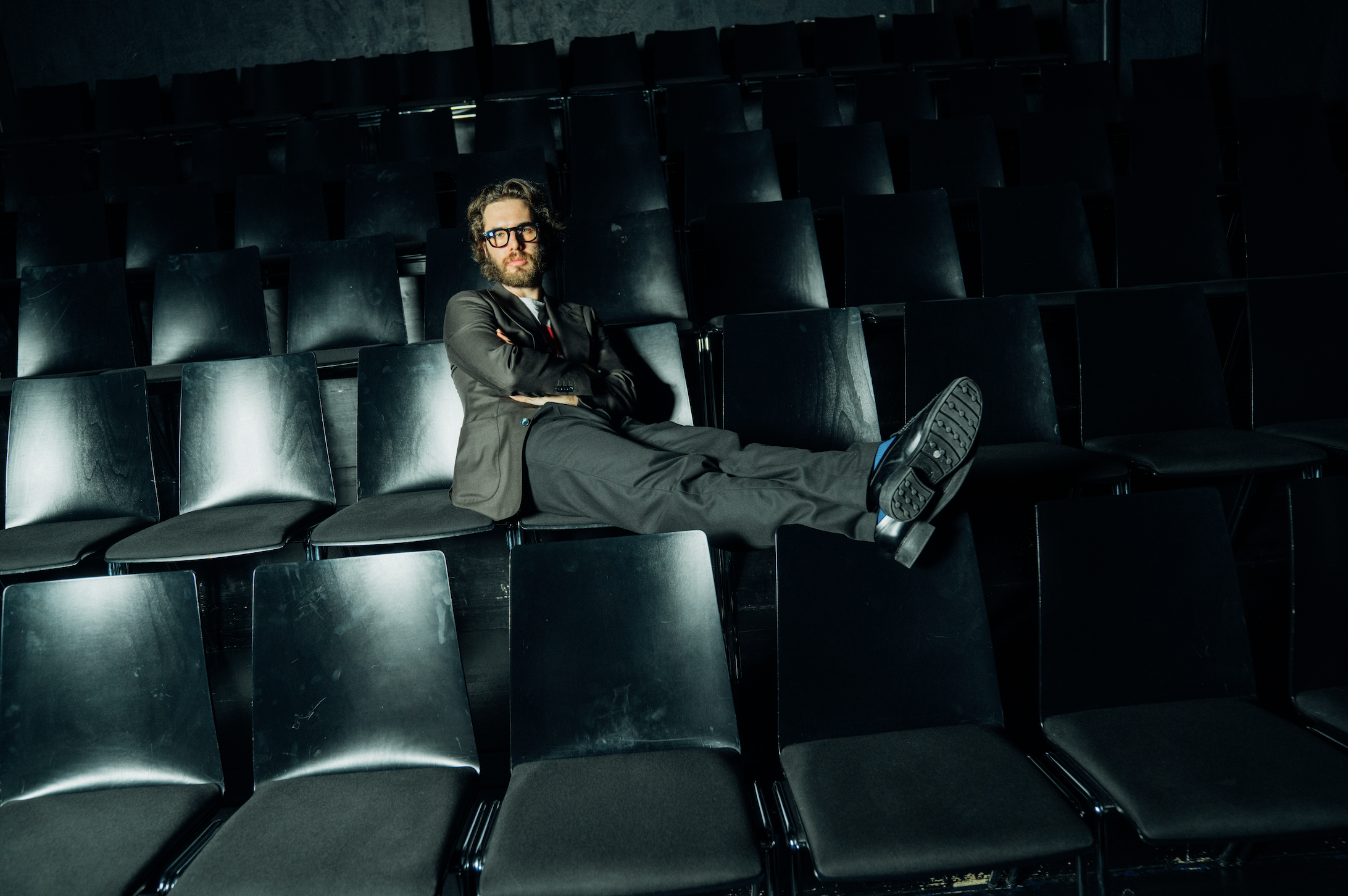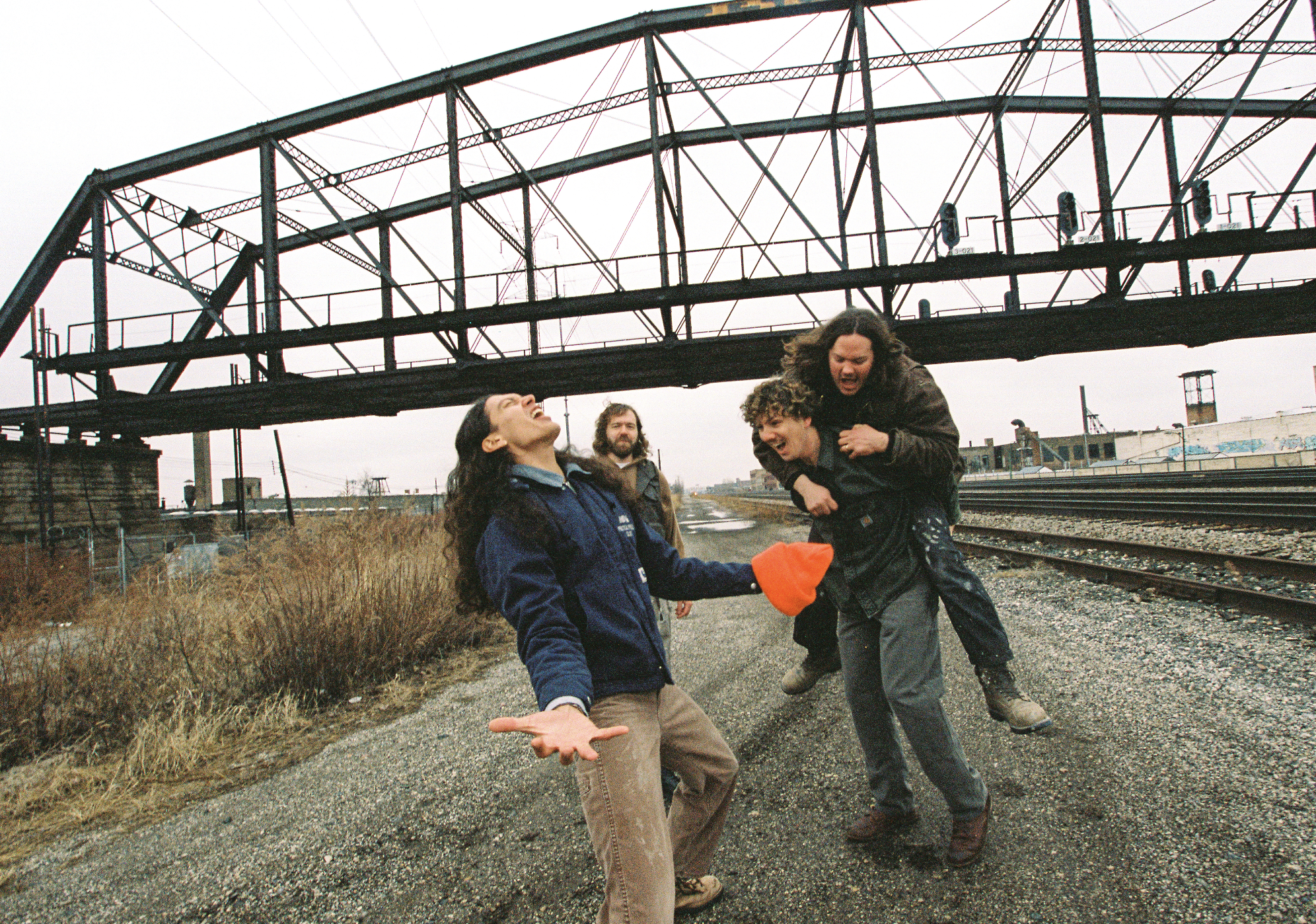Foto-© Sophie Hur
Mit ihrem Debüt Clean hat die damals 20-jährige Sophie Allison aka Soccer Mommy 2018 die Indiewelt mit ihrem Lo-Fi-Sound erobert. 2020 erschien mit color theory die noch erfolgreichere Nachfolgeplatte und so war die Vorfreude groß als für den 24.06. ihr drittes Album Sometimes, Forever angekündigt wurde. Mit cleveren Anspielungen auf Synthie-Subgenres erweitert Allison die Grenzen ihrer Ästhetik, ohne dabei ihre schonungslose Lyrik aufzugeben, die Soccer Mommy-Songs so erfolgreich machen.
Wir haben mit Allison am Erscheinungstag vom Sometimes, Forever telefoniert. Im Interview spricht sie über ihr Verhältnis zur Öffentlichkeit und ob sie sich manchmal wünscht, nicht berühmt zu sein. Außerdem erfahren wir, warum sie Gefühle als wechselhaft und doch konstant wahrnimmt und wieso das die Inspiration zum aktuellen Album war. Sie erzählt von der Zusammenarbeit mit dem Produzenten Daniel Lopatin und dass sie beim Schreibprozess nur auf sich selber setzt.
 Congratulations on your third album, which was released today! How are you feeling, are you going to celebrate?
Congratulations on your third album, which was released today! How are you feeling, are you going to celebrate?
I am feeling great. I am very happy that it is finally out. We are playing at a festival in Margate. We have not celebrated yet, but maybe we will do something later. I do not have specific plans. It is beautiful here on the beach.
When we spoke about color theory you said that you hardly read reviews of your work. Do you stick with that for Sometimes, Forever?
I do not really read much stuff. Occasionally, if someone tells me that there is a nice and well-written one, I check it out. But I do not usually read them.
Your press release describes Sometimes, Forever as emotionally generous music. From a listener’s perspective I agree. What is the main sentiment of the record from your perspective as the artist?
The main sentiment is trying to accept the contrast of ups and downs, and light and dark in life except that they are both fleeting, but always returning and always constant.
How do you deal with the idea that everything is temporary and constant at the same time? It is both radical and soothing.
It is very hard for me to grasp. But it is also very helpful. In low times, you feel very solid in whatever you are feeling. It is easier to accept that things can co-exist and are not as absolute as we like to imagine them. It can be difficult sometimes, but it can also be very freeing not having to define the way you feel as absolute.
Some parts of the record are very dark. How is it to re-visit these feelings and motifs now playing the songs?
It is not difficult. With anything like that, it is easy to look back and not feel as hung up on it and not feel brought down by it. It is nice to play songs you love for many reasons. Partially, because they felt so true to you, and they felt honest.
On the last track of Sometimes, Forever Still you sing, “I don’t know how to feel things small.” Can you tell us more about the sentiment behind that?
That line for me is that everything you feel is more extreme than it needs to be. I have high and low moments that are completely overwhelming. It has something to do with having to deal with one way or the other. Everything is constantly amazing, or everything is totally awful.
Fell It All the Time is another special song as you said that from a songwriting point of view, it is your favorite.
I love the main idea with it: comparing yourself through this old mechanic and almost wishing you could be him. If something in a pick-up truck breaks, you fix it and it keeps on going – the longing for that simplicity and wanting to feel less tied down by all of the things we think and feel.
With the different energies on your record, how do you know which songs are ready for an album, which ideas to pursue?
All the songs I put on the record are the songs I wrote for it. I do not usually write ones that are not going to make it on. The only way to know is if you are liking it and if it feels pointed and catchy. A great way to tell is if you want to keep playing it. From a writing standpoint, it is about making yourself happy. It is about feeling that sense of fulfillment and accomplishment. If you get that, the people who like your ideas and your music are going to like it too.
Do you think about the perception of others when you are writing?
No, it is purely for me. I know that people are going to hear it eventually and I like that. It is just the same as it was when I was 10 or 15 years old and writing songs in my room for my own comfort and fulfillment. It is helping me to work through my thoughts.
You worked with Daniel Lopatin as a producer. At first that seemed like an unlikely match. How did you experience it?
It was great. I am a big fan of his and I was before. To have that kind of experience was like a dream come true. He is such an amazing creative person, he has so many great ideas. This record would have been very different without him. He brought out all these things that I wanted to try and do but shied away from. He pushed us over the edge, and we made something great.

How was the working process? Did you sit together and discuss, did you send each other ideas back and forth?
We would text before we went into the studio and share ideas for the songs. Things like, “we need this kind of drum”. Obviously, there were some general sonic ideas that we fleshed out. But you just go with it as it comes. You try it and you like it. It is all about being on the same page creatively. Between an artist and a producer trust and an understanding is really what you need.
You write without co-writers, was it hard for you to let someone in for the production?
I have never wanted anyone else involved in the writing process. I do not see why I would. I do not see why I need it. And while I love producing and recording, my passion is not audio engineering. I need someone to take me where I want to be. I have the ideas, but sometimes I need help getting them to the end goal. It brings up a lot of room for me, if I can find somebody that I trust and that I know will make something that matches my taste. If I can find that, it allows me to throw in ideas without having to make sure that every little idea I have is taking us to the right destination.
We spoke about the general sentiment of the record. Did you have a sonic vision before you started working on it?
In some ways, yes. There was no very specific idea, but I wanted to get very specific tapes that were true to how we play live and add this otherworldliness around it. I wanted layers that could easily be replicated live, but also had this lost feeling and magical energy.
How do you see the record in relation to Clean and color theory?
It is very different. There are certain things from Clean and color theory that evolved on top of this record. On color theory there is a song called lucy that has this darkness and aspects that were just slightly touched on. I wanted to go into depth with that. It also feels more mature, specifically to my maturity. It gives a little more dimension than the last records.
After Clean came out, your life radically changed. Do you sometimes wonder, “What if…?” What your life would be like without having a career in music?
Yes! I started touring at 19 and I still had college to attend, and I left. I would probably have a degree, but I would definitely still be playing music. I played my whole life. It would probably just be a more local level. But my life would be totally different. I could be alone in an apartment in New York and work in a coffee shop. You will never know.
Do you sometimes wish not to be famous?
Yes. I do not really enjoy that aspect that much, but I do not hate it. I do love the interactions I have with people. I am a very private person, but I never wanted to do anything else than playing music and that is a part of it.
You have left social media to write. Was it a hard decision to leave the public eye when making yourself public is an expected part of your job?
No, it was not hard. I log on occasionally and check my messages and respond to things. It is about not having to be aware of any kind of following and be conscious of it. I still take a selfie and send it to my manager with a caption to post. People mostly think that it is all my manager and a lot of it is specifically to give people info. But it is also stuff that is coming directly from me, although I am not logging in and posting it.
Thank you for the interview!
Soccer Mommy Tour:
05.09. Bumann & Sohn, Köln
06.09. Molotow, Hamburg
12.09. Frannz Club, Berlin
13.09. Lagerhaus, Bremen


